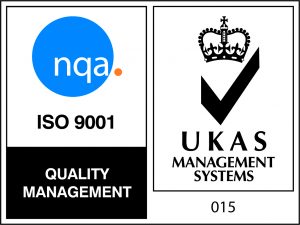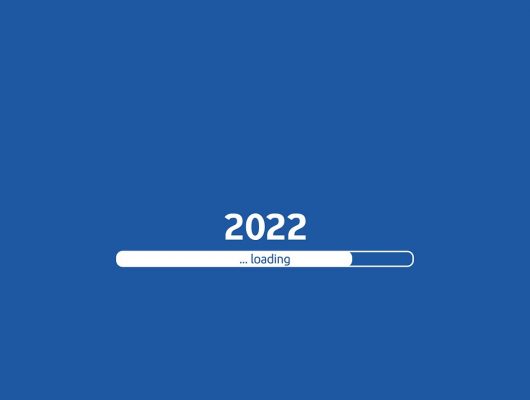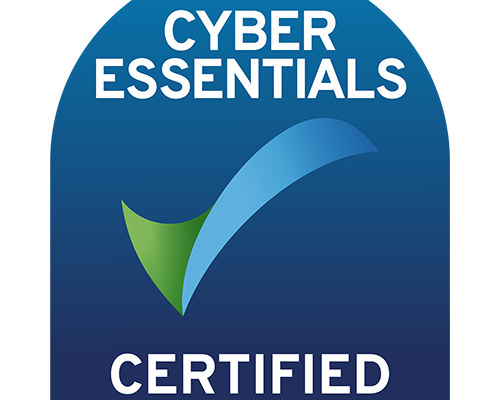The world is now a single marketplace; that is to say, in theory, there are no barriers to trading internationally. Against that backdrop, it is more important than ever for organisations to understand one another and how they conduct themselves in the common marketplace. One way of doing this is through certification to schemes which are recognised regardless of geography or politics. This ensures consistency across the marketplace and gives those looking to engage with others the opportunity to scrutinise culture and quality within an organisation before choosing to engage.
International Standards, including those which are published by the International Organisation for Standards (ISO) help to maintain this level of demonstrable quality. If you are entering a supply chain in 2022, you are likely already familiar with this. It has become a pre-requisite in many instances. Therefore, organisations who have an International Accreditation Forum (IAF) aligned ISO certificate can demonstrate their approach to Quality, Information Security, Health and Safety and Environmental commitments regardless of where they are located—the level of scrutiny is the same.
In the United Kingdom, the UK Accreditation Service (UKAS) is the national accreditation body which has been appointed by the UK Government to validate any organisation who provides certification to any of the ISO standards and/or testing and calibration services. The IAF ensures that national or regional accreditation bodies are competent to do the work they undertake and ensure that there are no conflicts of interest.
Organisations such as our partners at NQA provide certification schemes for ISO standards, though they must demonstrate to UKAS that they can adhere to stringent and repeatedly scrutinised requirements. Only then can they provide certification services. When issuing a certificate, it will be embedded with the UKAS logo to show the relationship between UKAS and the issuing certification body.

ISO Certification
Achieving certification to ISO is a real boon to any organisation and ensures that you stand out from your competitors and provides the basis for a good culture with the associated standard you have implemented; but what is the ISO? The ISO is a non-governmental and independent organisation who maintains a wide spectrum of standards. ISO9001 (Quality) is one of the more commonly known standards though there are many more, some of which are broad and applicable to any organisation, through to some which are specific to sector such as food handling, automotive manufacturing or shipbuilding, for example.
Regardless of which standard you wish to be certified to, the approach is consistent with IAF/UKAS aligned certification schemes. IAF/UKAS in effect audit the auditors. You will receive an independent third party audit over two stages to determine the extent to which the standard has been implemented and complied with. This, in turn, will be reviewed annually to ensure that compliance is an ongoing and improving process over a three-year period before having to recertify again. The consistency of this process means that all organisations who hold certificates with IAF/UKAS are assessed in the same way. You can therefore trust any organisation which presents to you evidence of their certificate.
You get what you pay for....
Organisations which claim certification via a different scheme that is not accredited by IAF/UKAS (or equivalent) will have inconsistencies when compared with IAF/UKAS assessments. Schemes which claim to provide ISO certification but do not align to IAF practices can vary in how often they are scrutinised for compliance. They are not accountable to an independent 3rd party. The issuing bodies are unlikely to be consistent in how they assess organisations utilising their schemes, as there are no consistent, defined rules to follow by non-UKAS certification bodies. They do, however, advertise themselves as being cheaper than UKAS aligned certification bodies. Whilst sometimes some requirements are visible and the framework is foundational, from experience as an auditor, the cheaper non-UKAS systems are almost without exception, not on a par with UKAS certificates.
The recognition of your certificate is unmistakably important, especially if you want to compete against your peers or grow to be a market leader. UKAS/IAF alignment is the only way you can do that. Your certification needs to be acknowledged by stakeholders, and only recognised schemes are generally accepted by customers and clients. You run the risk of double expense if your non-UKAS certificate is rejected by a potential customer. A UKAS certificate will never be scrutinised in the same way.
This is because a non-UKAS accredited certification body does not have to comply with any defined rules and therefore the validity or quality of the certification they provide cannot be ensured. Whilst this does not mean a non-UKAS/IAF accredited certification body does a poor job; it’s just that there can be a lot of variation in quality and more companies are noticing this flaw as they are exposed to it.
What Next?
Clearly you want to get this right, and it is why we have invested in UKAS accredited certifications through our partner at NQA. At Risk Evolves we are passionate about helping people. Read any of our blogs or case studies and you can see that we care about what we do. Call one of our team for some free, impartial advice about your certification goals or compliance needs.






